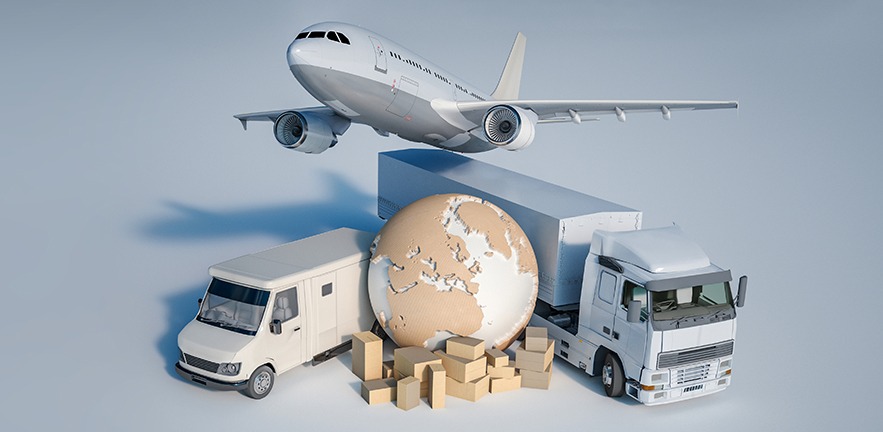Pandemic-prodded predictions of relocalising supply chains and reshoring production ‘grossly exaggerate’ what will actually happen in practice, writes Peter Williamson of Cambridge Judge Business School.

Predictions that companies would relocalise supply chains and near-shore production were quite fashionable when COVID-19 (coronavirus) swept the world in early 2020. Such forecasts may have been in vogue, but they were surely premature and misguided, says Peter Williamson, Honorary Professor of International Management at Cambridge Judge Business School.
“Such predictions grossly exaggerate the extent to which such restructuring will happen in practice,” Peter writes in an article in Management and Organization Review.
Predictions by the World Trade Organization in April 2020 that world trade would decline by 32% that year were cut sharply by October 2020 to 9.2% followed by a 7.2% rise in 2021, he writes, adding that this was no accident because it reflected how the “globally interconnected economy helped in dealing with the corona pandemic” including shipments of vital material such as testing reagents and personal protection equipment.
While companies like consumer goods multinational Nestlé had bumper sales in key periods of 2020, it was local supply chains that caused the most problems including storage capacity in European ports, says the article, entitled “De-Globalisation and Decoupling: Post-COVID-19 Myths versus Realities”.
Peter outlines several reasons why deglobalisation and reshoring is likely to be limited:
- Reshoring and localised production will not significantly improve supply chain robustness, because capacity designed for local markets will be smaller scale with far less ability to rapidly boost production to respond to any future crises.
- Companies will not sacrifice their comparative advantage in areas such as cost and quality in order to increase their perceived control by relocalising supply.
- Innovation in many industries, especially those dealing with complex products and services requiring know-how from multiple sources, would suffer through deglobalisation.
- Multinationals will be reluctant to sacrifice sales growth potential in growing markets like China – already the largest global market for products ranging from cars to pork to luxury goods – through deglobalisation and relocalising.
Finally, the focus on trade in goods obscures the ever-increasing flow in ideas and information that will continue to power the global economy.
“Instead of focusing on possible deglobalisation and decoupling in the post-COVID-19 environment, therefore, perhaps the key development to understand is the relentless growth of data and knowledge flows across the world and its implications,” Peter concludes.


